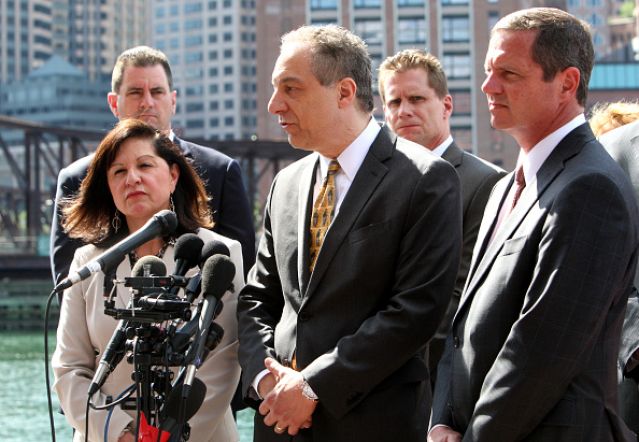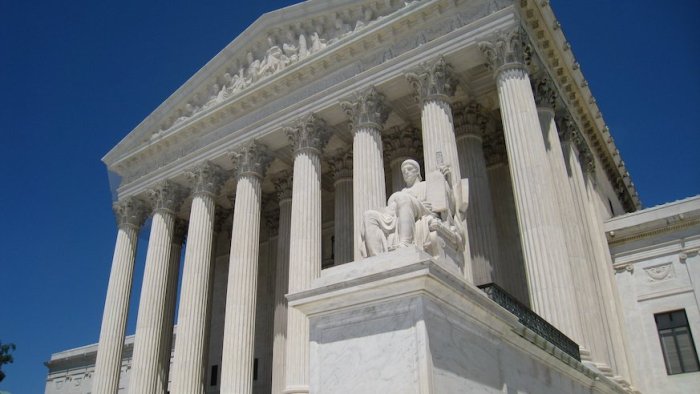White men make up 31 percent of the United States population, yet according toa studyby the Women Donors Network, they accounted for 79 percent of elected state and local prosecutors in 2014. The WDN study also found that a mere five percent of elected prosecutors were men of color, 16 percent were white women and one percent were women of color.
Upon taking a closer look, the study shows that outside of Virginia and Maine, only one percent of elected prosecutors are black. Maine is the only state where the percentage of women prosecutors matches their percentage of the population (50 percent). Additionally, while Latinos make up 17 percent of the population, only 1.7 percent of elected prosecutors are Latino. In the U.S., African-American males are sentenced to prison terms that arean average of 20 to 50 times longerthan white males convicted of the same drug crimes. Women are now incarcerated at nearly double the rate of men with85 percent of women serving for non-violent crimes. A prosecutor in Indiana sent a woman to prison for terminating her pregnancy, according to theJustice For All?website. “Americans are taking a new look at the relationship between race, gender, and criminal justice — in the failures to indict police officers from Ferguson to Staten Island, the rogue prosecutions of women who terminated their pregnancies from Indiana to Idaho, and in the epidemic of mass incarceration,” said Donna Hall, President and CEO of the Women Donors Network, in a press release. The study also found that in 15 states, all elected prosecutors are white. Those states include:Colorado, Connecticut, Delaware, Idaho, Indiana, Maine, Montana, Nebraska, Oregon, Rhode Island, South Dakota, Tennessee, Vermont, Washington and Wyoming. Prosecutors in most criminal cases decide whether or not to bring or drop charges and in many cases have the power to decide how long a defendant spends behind bars.
TheJustice For All?project states that this kind of power concentrated in one demographic contributes to “large racial disparities in sentencing.”
“The tremendous power and discretion in the hands of prosecutors, combined with the concentration of those positions among one demographic group, virtually guarantees inequality in our criminal justice system,” said Brenda Choresi Carter, Director of the Reflective Democracy Campaign, in a press release. She continues, “In the context of such skewed numbers, when a white male prosecutor fails to secure an indictment in Ferguson and another sends a woman of color in Indiana to prison for 20 years for feticide, we have to ask serious questions about systemic bias.”
Ninety-five percent of prosecutors are white: study

Getty Images


















